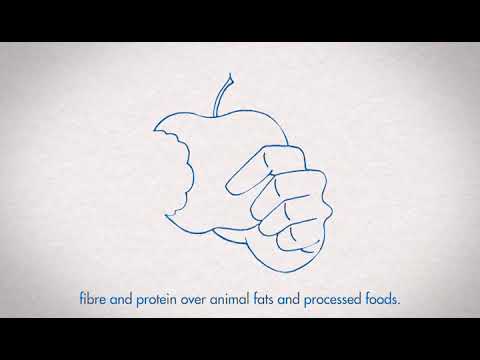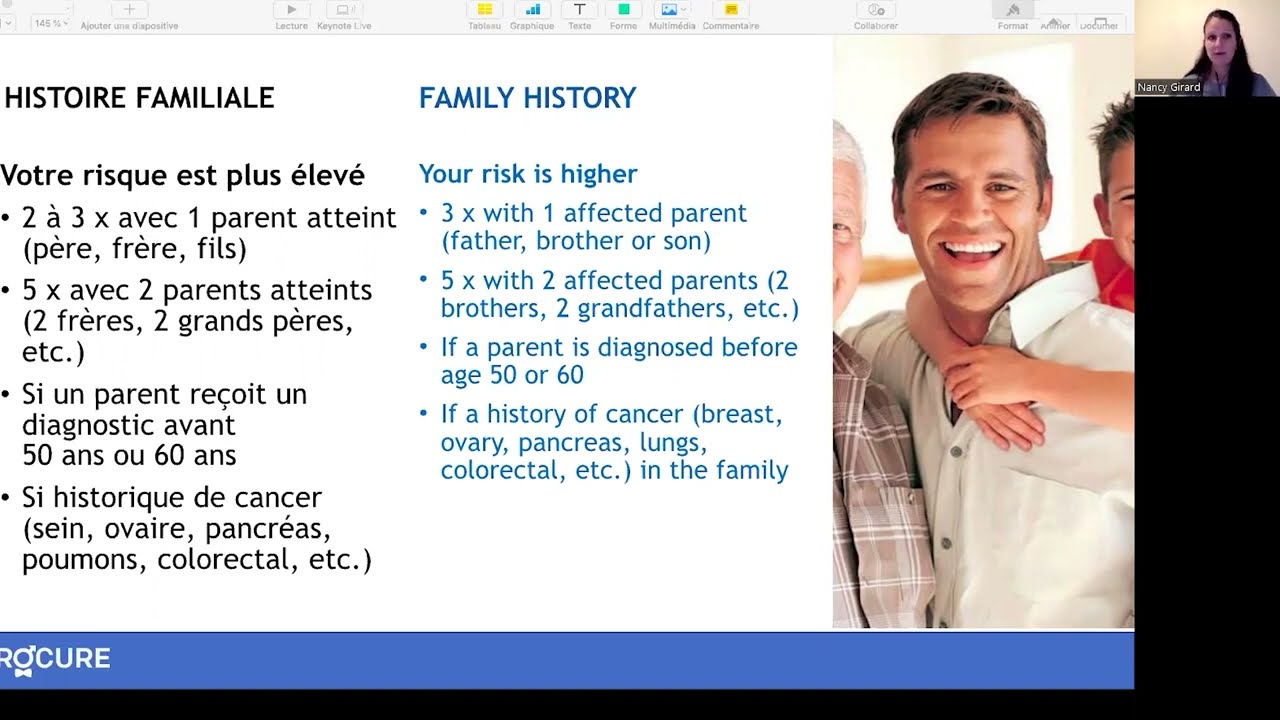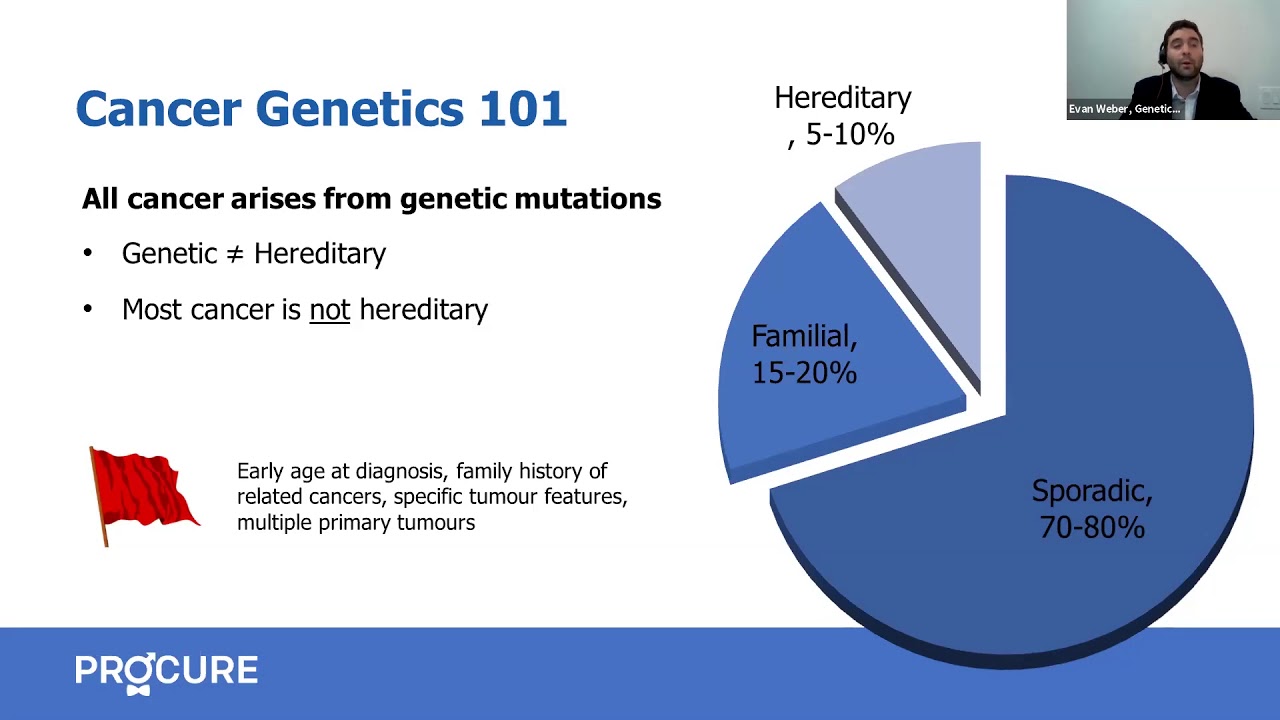UK researchers obtained genetic information from the tumours of 112 men with prostate cancer and pooled it with data from other studies, including The Cancer Genome Atlas (TCGA)1 study from the National Institutes of Health (NIH), in which participated the PROCURE Biobank.
Published in the prestigious scientific journal Cell in November 2015, The Cancer Genome Atlas (NIH) was a major project aimed at the integral molecular characterization of the prostate cancer genome using 333 frozen prostate tissue samples including 22 from the PROCURE Biobank cohort. It is therefore from these and other data that an international team led by scientists at The Institute of Cancer Research, London2, identified 80 molecular weaknesses in prostate cancer that could be targeted by drugs.
Around a quarter of the gene mutations identified involve the targets of existing drugs that are either licensed or in clinical trials – suggesting that these could offer promise for further study as new approaches to treatment.
And the landmark research also opened up 60 new potential lines of attack against prostate cancer for future investigation, as well as identifying many new genes associated with the development of the disease.
Possible drug targets
“A major hurdle to making further progress against prostate cancer is the lack of ways to accurately predict how a person’s disease will progress, making it challenging to know which treatment is best for each patient, said one the researcher. By greatly enhancing our understanding of the genetics behind the disease, this research edges us closer towards that goal. If confirmed by further research, in the future this knowledge could help doctors better tailor treatments to an individual’s cancer, and hopefully see more people survive their disease.”
The study was published in the journal Nature Genetics on Monday and was largely funded by Cancer Research UK.
References
- The Molecular Taxonomy of Primary Prostate Cancer. Cancer Genome Atlas Research Network..Cell. 2015 Nov 5.
- The Institute of Cancer Research – April 16th, 2018
Written by PROCURE. © All rights reserved – 2018














